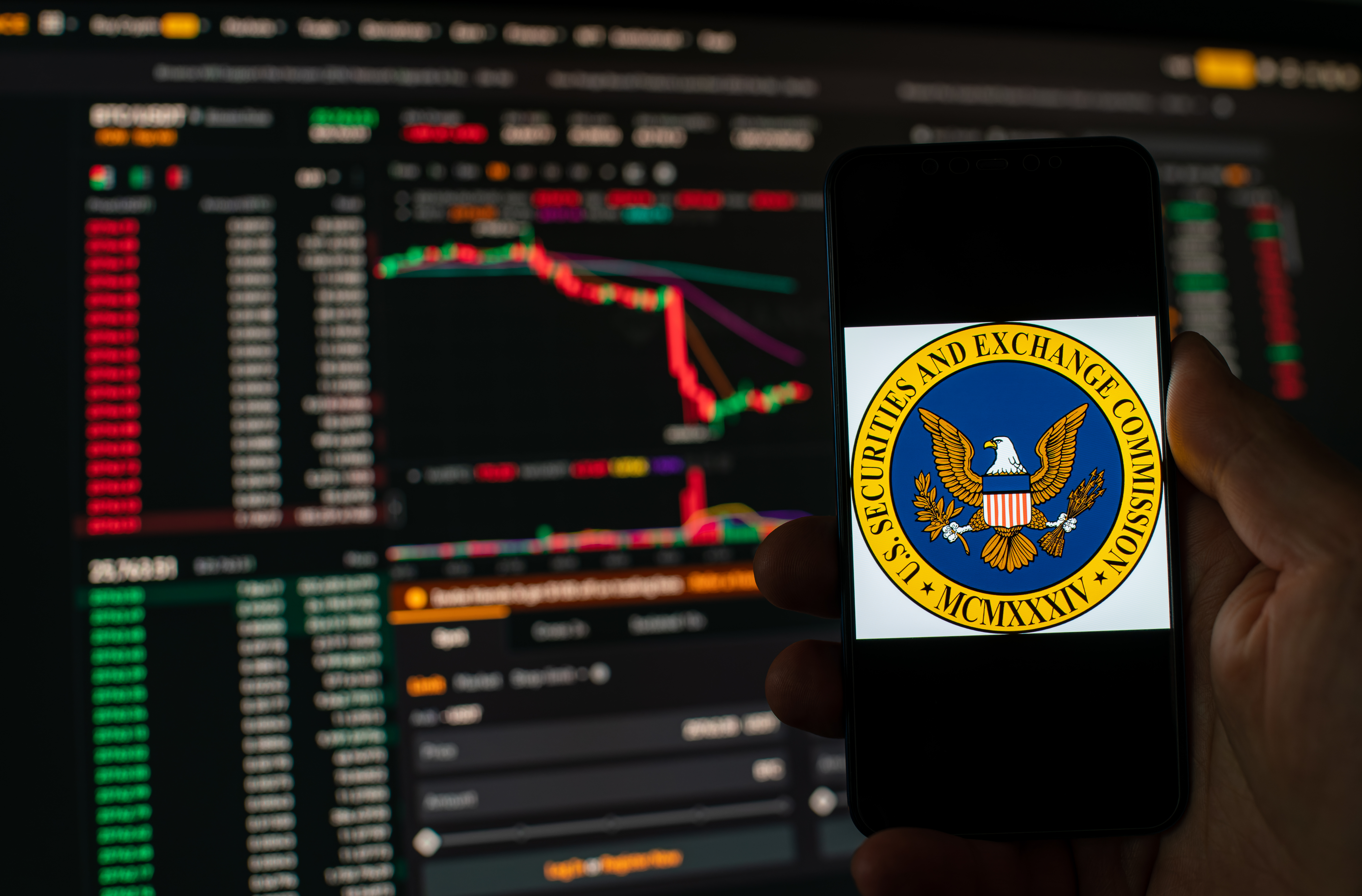The longest federal government shutdown in US history has led to many expected—and unexpected—consequences, one of them being the launch of several new cryptocurrency ETFs (exchange-traded funds) without the oversight of the Securities and Exchange Commission (SEC). Because the SEC froze operations during the shutdown, multiple deadlines for the agency to review and approve or deny new ETF applications went unheeded, allowing them to pass without action.
While October had been expected to prove yet another watershed month in the world of crypto ETFs, without the SEC in play issuers were allowed to use a legal loophole by filing registration statements with “no delaying amendment” clauses. US securities law gives the SEC up to 20 days to approve or deny the launch of a new ETF, but if the SEC doesn’t act or can’t act (because its staff are furloughed during the shutdown), the applications are effectively approved by default.
The tactic succeeded with the launch of four initial ETFs—two by Canary Capital, one by Bitwise, and one by Grayscale, all of which are major digital asset management solution vendors in the US. Beyond these four, several other major players quickly filed applications using the same method, in the hope of launching before the end of the shutdown. In other words, rather than waiting for the official green light, issuers took initiative.
Regardless, many experts urge caution regarding this workaround. Once back in operation, the SEC could and may intentionally repeal certain filings. For instance, Canary Capital’s new XRP fund could potentially face complications because of past legal battles and controversies with that altcoin (the SEC filed a lawsuit against Ripple, founders of XRP, in 2023, though the case was largely resolved in Ripple’s favor). As such, silent ‘approval’ might not work indefinitely for all crypto assets.
For investors, there are both opportunities and risks. For the first time, investors could potentially buy an ETF that holds XRP or other altcoins directly on major stock exchanges, further blurring the lines between crypto and traditional finance. While this could bring fresh capital into those crypto markets while further normalizing digital assets across diversified investment portfolios, the lack of formal SEC approval means investors must rely on issuers’ disclosures and market mechanisms. That translates into increased risk across those portfolios—something of which seasoned investors and crypto sceptics are acutely aware.
.png?width=1816&height=566&name=brandmark-design%20(83).png)



